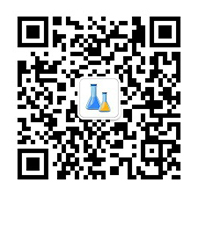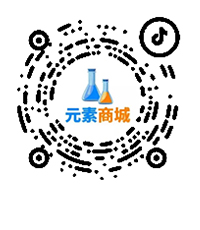Search Product
Structure Search
Search
Advantage Products
Location: Industrial Info
American scholars confirm that daily low-dose aspirin can lower cancer death risk
2017-04-05
来源:转载自第三方
5 April 2017
.jpg)
As one of the most widely used drugs, in addition to a good antipyretic analgesic effect, aspirin (acetylsalicylic acid) also has good effect to inhibit platelet activation and anti-thrombosis. In the past 20 years, studies have shown that daily low-dose aspirin has another important role: to reduce the risk of cancer.
Aspirin, also known as acetyl salicylic acid, is an antipyretic analgesics with a long history. It is considered as one of the three classic drugs(with penicillin and stability) in the history of medicine. Professor John A. Baron, a researcher at the Dartmouth School of Medicine, once said, "If I would be on a desert island, and can chose to only one drug to carry with, it might be the first thought of aspirin." Which proves aspirin plays a very important role. It not only can be used to treat colds, fever, headache, toothache, joint pain, rheumatism, but also inhibit platelet aggregation for the prevention and treatment of ischemic heart disease, cardiopulmonary infarction, cerebral thrombosis and other diseases. In addition, it can reduce the risk of cancer.
Recently, this effect has been confirmed again. Yin Cao and other researchers found that among more than 130,000 U.S. adults, those who regularly used aspirin were 7 percent to 11 percent less likely to die of cancer over the next few decades. The more than 130,000 U.S. health professionals who were followed for up to 32 years. They were asked about their aspirin use at the outset, and again every two years. The findings showed that the risks of dying from colon, breast, prostate and—for men—lung cancer were all lower among regular aspirin users, compared to non-users: The biggest difference was seen with colon cancer, Aspirin users were about 30 percent less likely to die of the disease; In addition, women who used aspirin were 11 percent less likely to die of breast cancer; while men showed a 23 percent lower risk of dying from prostate cancer and a 14 percent lower risk of lung cancer death.
The found in this study has added new evidence for asprin. Because of the high evidence that low doses of aspirin can reduce the risk of certain cancers. Therefore, in April last year, the USPSTF issued a guide for aspirin to use as primary prevention for cardiovascular disease and colorectal cancer, and ultimately recommended that: adults aged 50 to 59 years who have a 10% or greater 10-year CVD risk, are not at increased risk for bleeding, have a life expectancy of at least 10 years, and are willing to take low-dose aspirin daily for at least 10 years, are recommended to take low dosage of asprin.

As another miracle cure metformin, aspirin is still charming after a hundred years of the storm. In addition to anti-cancer, aspirin has antipyretic analgesic effects, and can be used for cardiovascular disease, a variety of neurological diseases, to help immunotherapy, senile cataract, preeclampsia, female infertility and habitual abortion.
Although the role is very strong, but we should not immediately began taking aspirin every day to avoid cancer and some diseases. Because aspirin also has side effects such as stomach bleeding and hemorrhagic stroke, and not all people are suitable for taking aspirin. So whether to take aspirin, we should follow the opinion of doctors.
Related Links: Acetylsalicylic acid
1,1-Dimethylbiguanide hydrochloride
1,1-Dimethylbiguanide hydrochloride
Edited by the Editorial Office of Suzhou Yacoo Science Co., Ltd.
如果涉及转载授权,请联系我们。












